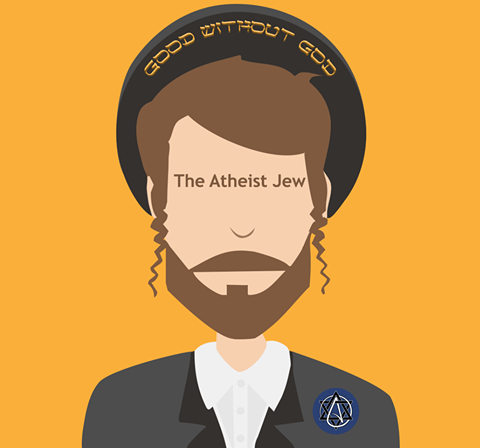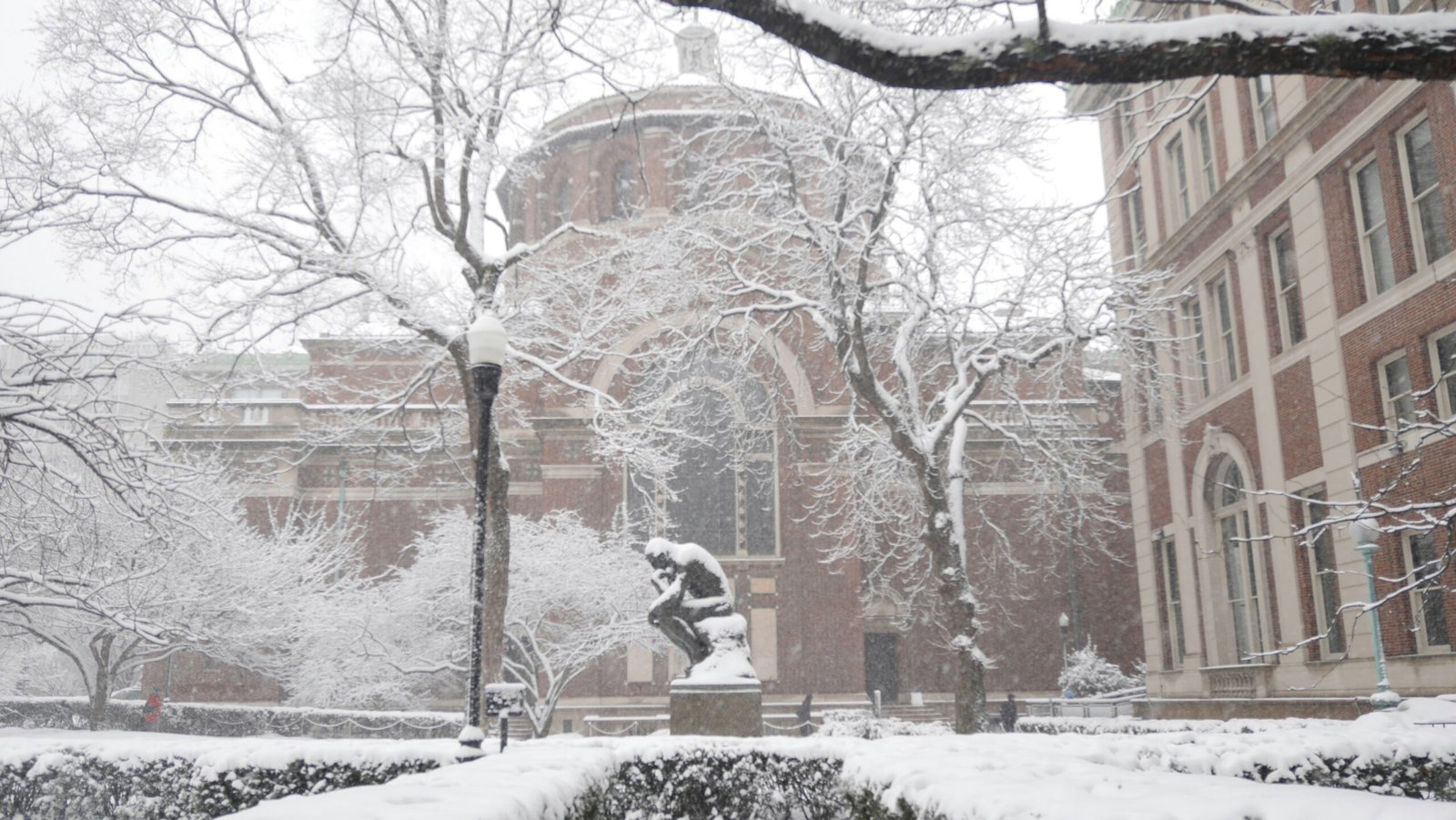Exploring Atheism: Definitions and Misconceptions
Atheism, at its core, is the absence of belief in deities or gods. It is often misunderstood and mischaracterized, often conflated with concepts like agnosticism and secular humanism. Agnosticism, unlike atheism, posits that the existence of a deity is unknown or unknowable, whereas secular humanism centers around a philosophy that emphasizes human needs and values without reliance on supernatural beliefs. Understanding these distinctions is crucial in clarifying what atheism truly embodies.
Common misconceptions about atheism tend to portray atheists as nihilistic or morally bankrupt. However, many individuals who identify as atheists derive their ethical frameworks from philosophical reasoning, human rights, and societal well-being rather than religious texts or doctrines. This illustrates that moral values can exist independently of religious beliefs, contributing to a diverse spectrum of ethical considerations within the atheist community.
Furthermore, the motivations for identifying as an atheist can vary significantly from person to person. Some individuals are drawn to atheism through rigorous philosophical inquiry or scientific skepticism, leading them to question traditional religious narratives. Others may have had personal experiences that fostered a sense of disbelief, such as struggles with religious institutions or negative encounters with organized religion. These diverse pathways highlight that atheism is not monolithic; it represents a range of perspectives shaped by individual experiences and reflections.
Addressing these stereotypes and misconceptions is vital for promoting understanding and appreciation of the atheist community. By recognizing that atheism is rooted in critical thinking and a commitment to personal and shared ethical ideals, society can engage in more meaningful dialogues about belief systems. Such discussions can ultimately lead to a more harmonious coexistence among individuals with varying worldviews.
Global Atheism: Trends, News, and Activism
Atheism is witnessing a notable surge globally, marked by shifts in public perception and increasing acceptance of non-belief. Recent studies indicate that a growing number of individuals identify as atheists, particularly in regions such as Europe, North America, and parts of Asia. Countries like the Czech Republic and Sweden boast some of the highest percentages of atheists, reflecting a broader trend towards secularism. According to surveys, the acceptance of atheism in these regions has made significant strides, with more individuals openly discussing their lack of belief without fear of social ostracism.
The societal attitudes towards non-believers are evolving, as evidenced by public debates and educational initiatives promoting secular values. Movements advocating for the rights of atheists are becoming increasingly visible, emphasizing the need for freedom of belief and protection against discrimination. Notable organizations, such as the Freedom From Religion Foundation and the Secular Student Alliance, are leading the charge in activism, drawing attention to legal issues facing atheists. Campaigns have emerged globally to promote secular governance and challenge religious privileges in various countries.
In addition to these changes, significant news stories have highlighted both the challenges and victories within the atheist movement. For instance, recent legal cases in the United States have spotlighted the importance of upholding the separation of church and state, while movements in countries with stringent religious laws have made headlines for their struggles against oppressive regimes. These events underscore the ongoing discourse surrounding atheism, as secular advocacy continues to confront societal and political obstacles while striving for equality. The continued rise of atheism reflects an evolving global landscape, suggesting that belief systems might undergo further transformations in the coming years.

